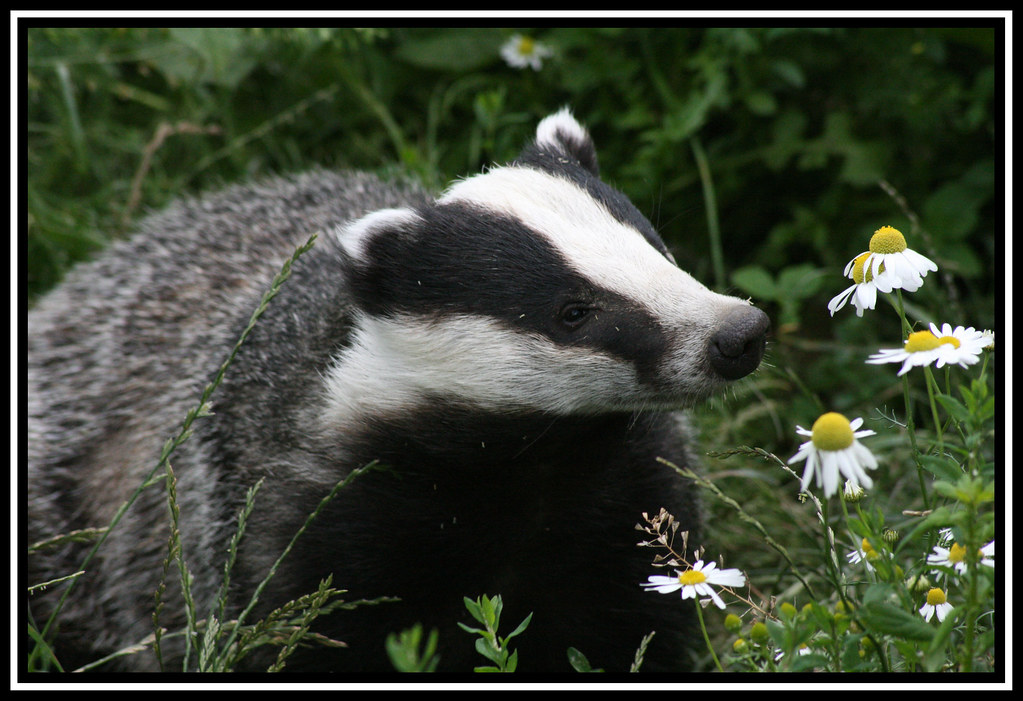Monthly Archives: July 2020
British birds’ long-distance feats and longevity are revealed
The Guardian reports data comes from rings on birds, with more than a million fitted during 2019. The records, collected by the British Trust for Ornithology, provide insights into the remarkable migrations of birds but also the human and climatic pressures they face – and their longevity.
Make nature part of ‘build build build’ policy, green watchdog says
The Guardian reports politicians and developers must incorporate green thinking into the design of new infrastructure, according to the chair of the government’s conservation watchdog.
Natural England’s Tony Juniper called on the government and planners to change their thinking to ensure environmental considerations were designed into new housing estates, as well as road and rail projects, at the beginning, rather than being a hasty “add-on” or “mitigation” at the end.
Reduction in grass cutting sees wildlife thrive
BBC News reports wildlife in meadows across Cumbria is thriving after councils were unable to cut them as regularly during lockdown. Kevin Scott from Cumbria Wildlife Trust says allowing some grass and other plants to grow is great for nature and different grass species and wildflowers provide an important habitat for pollinators and butterflies.
Coronavirus lockdown prevents release of rare butterfly
BBC News reports the release of a last batch of a rare butterfly that was reintroduced to England after more than 40 years was prevented by lockdown. The chequered skipper was always scarce but died out in 1976 due to changes to woodland management.
Bovine TB field trials to start next year, raising hopes of an end to badger culls
 INEWS reports badger culling could be “phased out” across England and Wales if trials for a new cattle vaccination process against TB, which start next year, prove successful. More than 30,000 cattle are slaughtered each year to prevent the spread of bovine tuberculosis, at a cost of £100m to the taxpayer.
INEWS reports badger culling could be “phased out” across England and Wales if trials for a new cattle vaccination process against TB, which start next year, prove successful. More than 30,000 cattle are slaughtered each year to prevent the spread of bovine tuberculosis, at a cost of £100m to the taxpayer.
Badger photo by Sally Langstaff under creative commons.
Tree cover in England could triple without encroaching on rare habitats like peat bogs
INEWS reports tree cover could jump from 10 per cent to 35 per cent of England within just a few years, while protecting valuable grasslands, peat bogs, and other carbon-rich stores, Forestry Commission data suggests.
In total an additional 3.2 million hectares of trees could be planted on ‘low risk’ land, Friends of the Earth said.
Swarm of flying ants is so big it shows up on weather map
The Metro and The Telegraph report if you already felt like 2020 was bringing echoes of the Biblical ten plagues, then you might want to not click this article. The picture looks like it shows a rain cloud drifting across Kent, London and the South East – but friends, that is no rain cloud. Look closer and you’ll see the little arrow annotating the blue area as ‘flying ants’. There are so many of them that they are messing with the weather radar.
British countryside is ‘becoming less fertile’ with nearly 40 per cent of arable soils in England and Wales ‘degraded’ due to loss of carbon, study shows
The Daily Mail reports arable soils in England and Wales are becoming less fertile, according to a new study. Almost 40 per cent of arable soils are being ‘degraded’, meaning they have too much clay and not enough carbon or organic matter.
The findings are based on a new ‘soil health index’ that classifies soils by the proportion of organic matter they contain compared with clay, which is too dense and compact to generally be suited to plant growth. Researchers say the index is a good predictor of how much carbon soils can take up and store and a general indicator of how well they are functioning. It could help farmers or policymakers improve the natural services soils provide, such as food production, flood protection and carbon storage.
Government plans overhaul of planning rules to ‘consolidate and simplify’ environmental restrictions
INEWS reports charities are urging the government against making hasty changes to environmental regulations, as Environment Secretary George Eustice prepares to announce a post-Brexit overhaul of England’s planning system. Mr Eustice will on Monday announce a consultation to redraft England’s system of Environmental Impact Assessments (EIA), used by planners to assess the environmental impact of major development projects. But green groups are concerned the reforms could lead to weaker protections for rare habitats and species.
